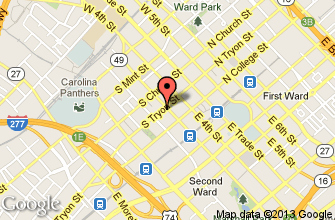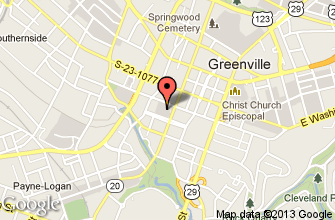News Room
PrintTick Tock: Proofs of Claim, the FDCPA and Stale Debt ClockAuthored by: Michael H. Weaver
August
29, 2016
On August 25, 2016, the Fourth Circuit Court of Appeals issued its opinion in Dubois v. Atlas Acquisitions LLC, (In re Dubois), No. 15-1945 (4th Cir. Aug. 25, 2016) and joined a majority of other circuits holding that the filing of a time-barred claim in a debtor’s bankruptcy case does not violate the Fair Debt Collection Practices Act (“FDCPA”).
In Dubois, Atlas Acquisitions LLC (“Atlas”) filed proofs of claim in two separate Chapter 13 bankruptcy cases where the payment on each account was last made more than three years prior to each debtor’s petition date. The debtors filed separate adversary proceedings against Atlas objecting to its claims and seeking damages, attorney’s fees and costs for Atlas’ alleged violations of the FDCPA.
The bankruptcy court concluded that filing a proof of claim does not constitute debt collection activity within the meaning of the FDCPA and granted Atlas’ motions to dismiss. On appeal directly to the Fourth Circuit, the Court of Appeals agreed with the debtors’ argument that filing a proof of claim in a bankruptcy case constitutes debt collection activity regulated by the FDCPA, but affirmed the bankruptcy court’s decision on other grounds in a 2-1 opinion.
Once the Court of Appeals determined that filing a proof of claim is debt collection activity regulated by the FDCPA, the Court then analyzed whether filing a claim based on a stale debt violates the FDCPA. Although “federal courts have consistently held that a debt collector violates the FDCPA by filing a lawsuit …to collect a time-barred debt", under Maryland law, the statute of limitations does not extinguish a debt; it bars a remedy. Consequently, a time-barred debt remains a “right to payment” and fits within the Bankruptcy Code’s definition of a “claim”. The Court noted that while time-barred debts are to be disallowed (a result that Atlas in these cases stipulated to), the Bankruptcy Code does not prevent them from being filed. The Court of Appeals also noted recent amendments to the Federal Rules of Bankruptcy Procedure facilitate the assessment of a claim’s timeliness and indicate that “the [Bankruptcy] Code contemplates that untimely debts will be filed as claims but ultimately disallowed.”
The Court recognized that some frustrations might exist if time-barred claims are permitted to be filed and for whatever reason do not field an objection by parties in interest. However, the Court suggested that concern can be placated by “allocating additional resources to trustees or through action of the United States Trustee.”
Whether additional resources will be allocated to undertake the claims review process remains to be seen. The Supreme Court might even address this issue due to the existing split among the Circuit Courts of Appeal. But for now, Dubois provides some clarity and cover for creditors filing claims on account of stale debt in bankruptcy cases in the Fourth Circuit where the applicable statute of limitations does not extinguish the underlying debt.




















